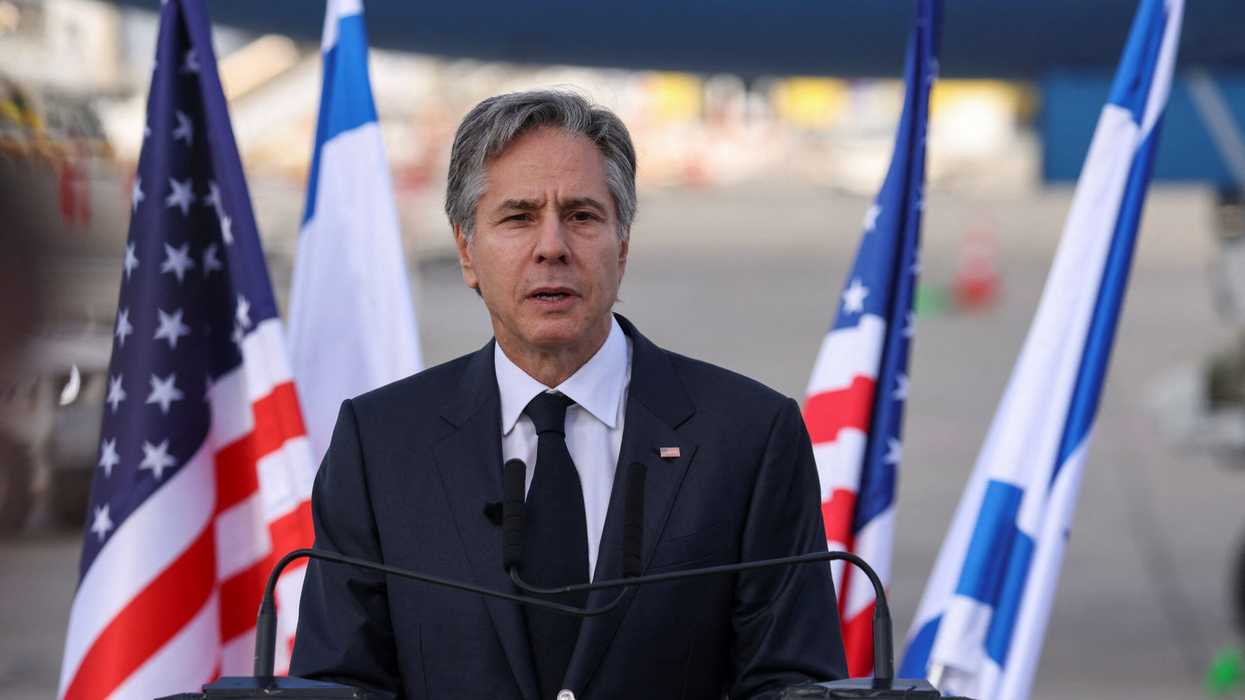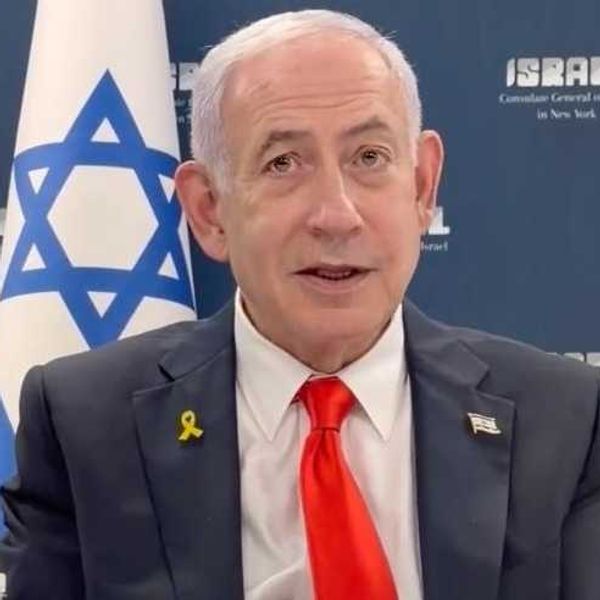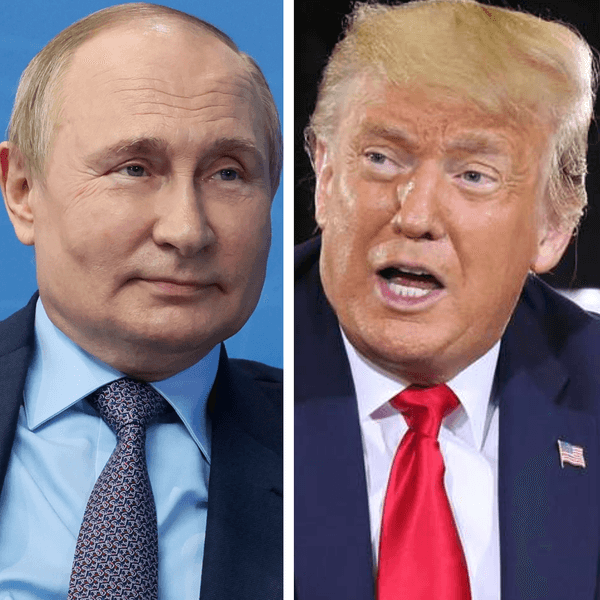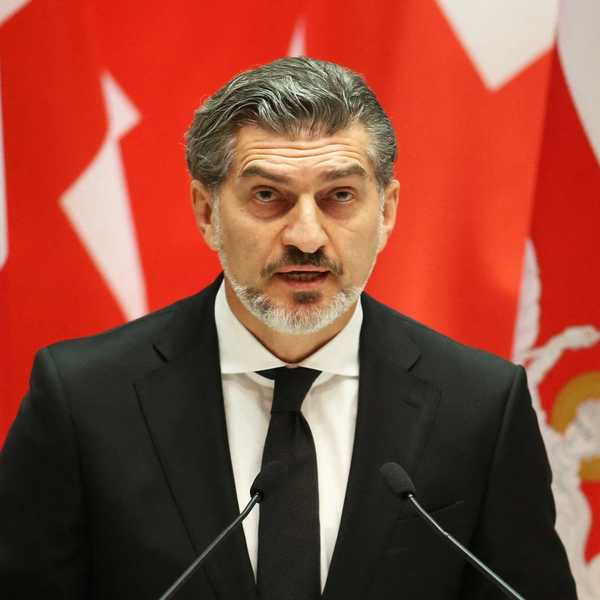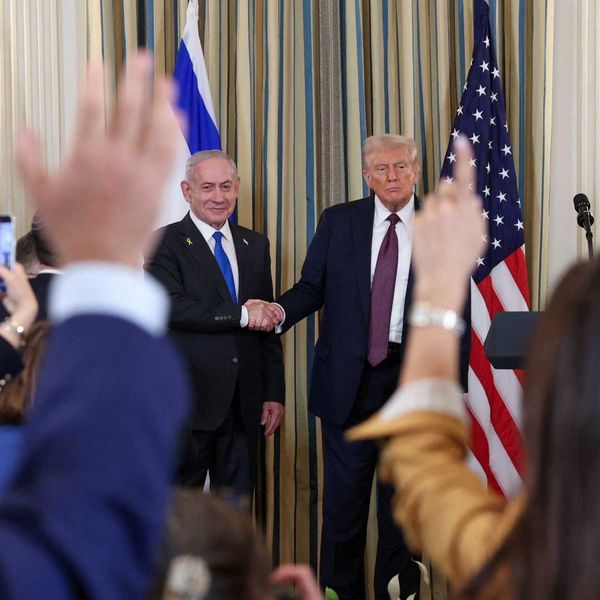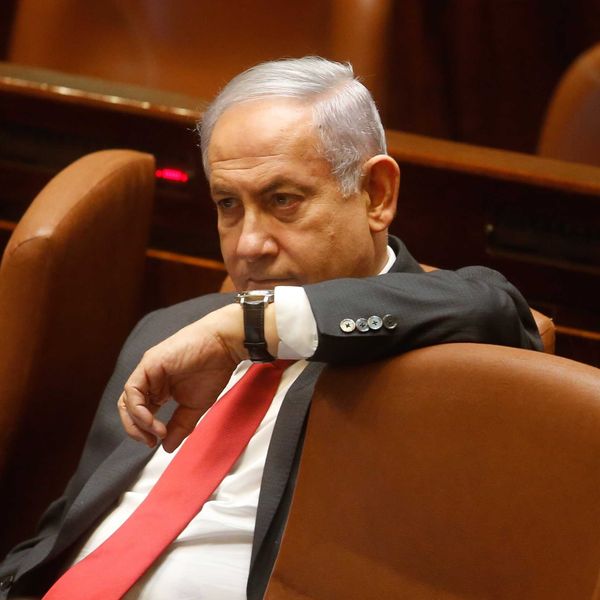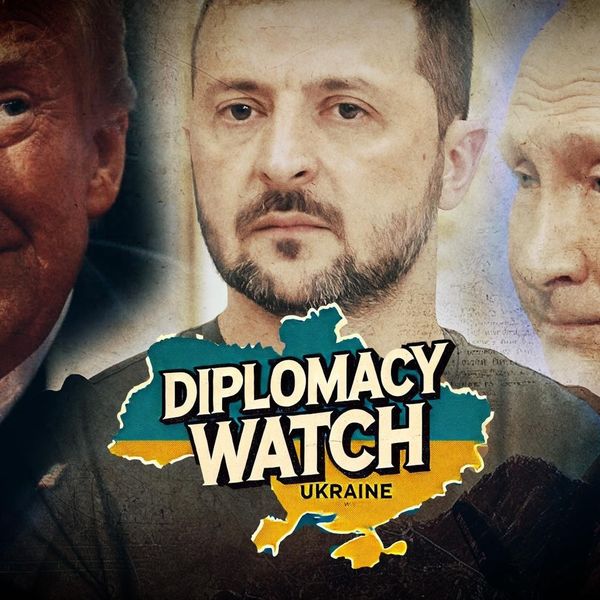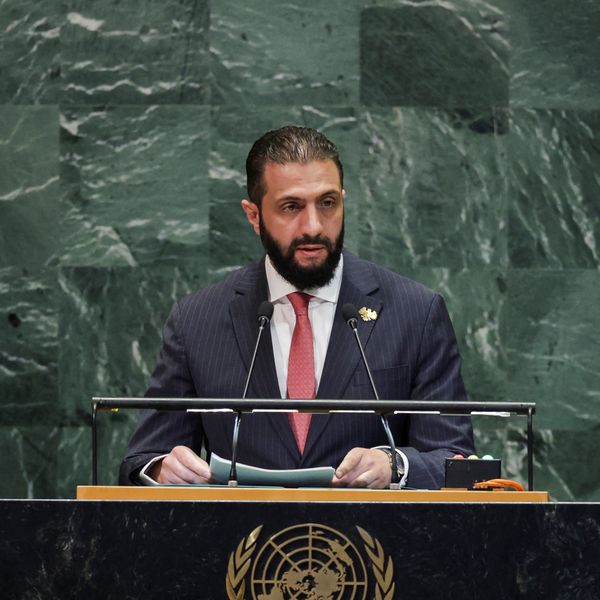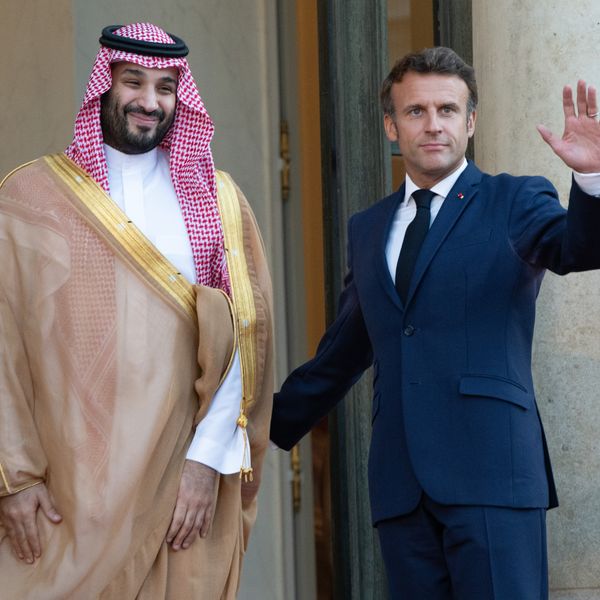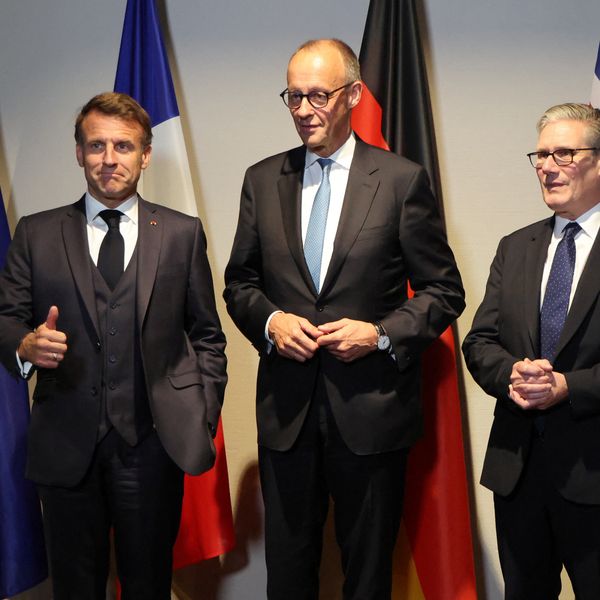It was always going to be a David vs. Goliath fight. The Russian forces had all the resources, all the numbers, and seemed on the slow march to victory. But Ukraine’s forces, though completely outgunned, were not about to back down. They were scrappy and fought tirelessly, seemingly running circles around the Russian forces they were up against. Dealing setback after setback to the Russian aggressors.
While this might sound like the current military conflict between Russia and Ukraine, this battle was actually fought all over D.C. from K Street to Capitol Hill, the White House, the State Department, think tanks, and seemingly everywhere in-between. This is the story of the war for Washington influence the two countries have been waging for years.
In this battle, as in the military fight, the Russians have enjoyed an enormous advantage in resources. From lobbyists on the Hill to a large state-sponsored media operation, Russian interests have spent at least $182 million on legal influence operations in the United States since 2016, according to OpenSecrets. For the last six years, Russian interests have spent more than 14 times as much as Ukrainian interests on Foreign Agents Registration Act firms. This, of course, doesn’t include the sizable resources Russia has devoted to exerting influence illicitly, including meddling in the 2016 and 2018 U.S. elections.
But the Ukrainians were zealous in defending their positions. Though grossly outnumbered and outspent, the Ukraine lobby vastly outworked its Russian counterpart in a remarkable lobbying and public relations blitz on and off Capitol Hill. In just 2021, House and Senate staff and members of Congress were on the receiving end of more than 8,000 emails, phone calls, and meetings with Ukraine’s lobbyists.
All of this led to something of a stalemate, particularly on the most bitterly contested issue in the lobbying war: the Nord Stream 2 gas pipeline. Providing a direct connection between Russia and Germany and the rest of the Western European energy market, the pipeline, once operational, could cost Ukrainian interests billions a year in gas transit fees. The Biden administration lifted Trump-era sanctions on the pipeline in early 2021, and construction was completed last September. But fervent opposition to the pipeline persisted, and Congress had twice threatened new sanctions on the pipeline in early 2022, before the war’s outbreak.
This stalemate ended abruptly last week when the Russian lobbying forces were swiftly and decisively defeated by, well, Moscow itself. When Russian President Vladimir Putin launched his invasion of Ukraine, he effectively gave the Ukraine lobby what it had been working towards for years. In one fateful blunder, Putin gave the game away and ceded whatever sway he still enjoyed in Western capitals from Washington to Berlin.
Following the invasion, the Germans dealt the first and perhaps most serious blow to Putin’s international ambitions by announcing they would halt certifying the Nord Stream 2 pipeline.
Then it was the Biden administration's turn. In a series of sanctions, the Biden administration effectively severed ties between Russian interests and the prominent D.C. lobbying firms representing them.
Biden began by announcing U.S. sanctions on Nord Stream 2 early last week and, in subsequent days, issued additional sanctions on the vast majority of the Russian financial sector. All of this very quickly led to at least six lobbying firms to cut ties with their newly sanctioned Russian energy or bank clients.
To be clear, many of these firms weren’t dropping their Russian clients out of the goodness of their hearts. As Erich Ferrari, an attorney who specializes in U.S. economic sanctions explained to CNN, dropping fully sanctioned clients, "is not a gesture in solidarity with Ukraine, this is a requirement under U.S. law," and lobbyists that don’t ditch these clients could be prosecuted for violating the sanctions.
The Ukraine lobby, for its part, took something of a victory lap, praising Germany’s decision on Nord Stream 2, but also quickly went to work to ensure it was just the beginning of Putin’s pain. As Daniel Vajdich — the President of Yorktown Solutions, which spearheaded the campaign in Washington to block Nord Stream 2 — explained, his forces were determined to go further by, “creating an infrastructure in terms of financial sanctions against Russian financial institutions, including the central bank, that will allow us to go after the Russian energy industry.”
Prior to the invasion, this would have been unthinkable. With some of the top lobbying firms in D.C., including BGR Government Affairs, Venable, and Mercury Public Affairs, working for them, Russian interests had largely evaded sanctions and were poised to begin pumping gas through the Nord Stream 2 pipeline.
Putin’s decision to invade changed all of that overnight by crippling Moscow’s influence machine in the United States Less than a week later, the lobbying and PR firms are almost all gone, Nord Stream 2 has reportedly filed for bankruptcy, although company officials are denying that, and Russian state media in the United States has been largely silenced. Visitors to RT’s website, for example, are now getting an error message.
Thus, Putin started a war in Ukraine and guaranteed his country’s defeat in the lobbying battle for D.C.


